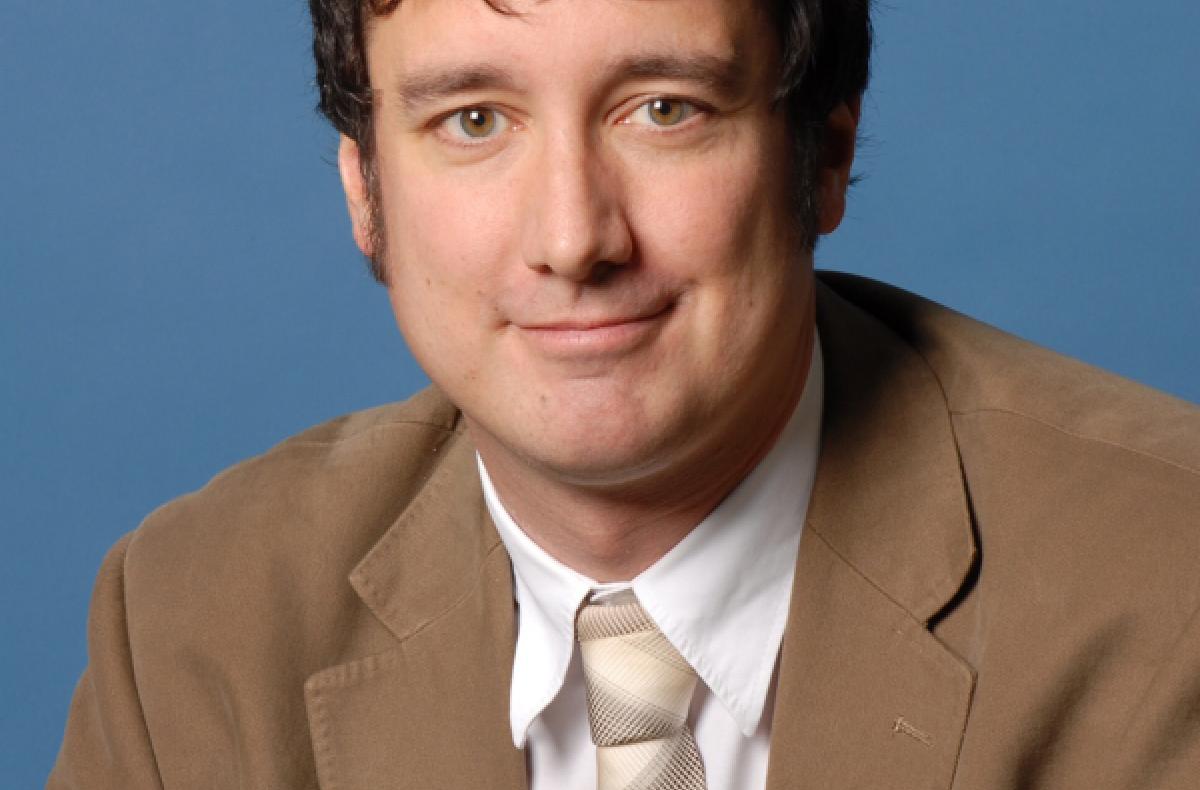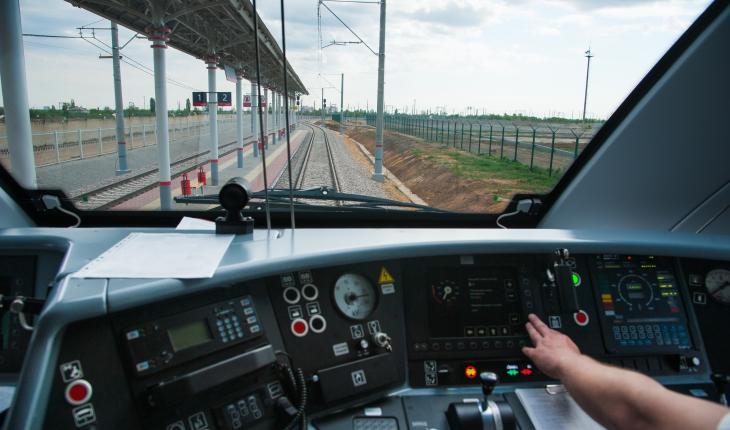"In many of the NCCR’s projects, there are exciting ethical aspects"

NCCR Automation: Within the NCCR Automation, where most projects have roots in electrical engineering or computer science, your research on ethics stands out. What do ethics have to do with automation?
David Shaw: In philosophy, there is the classical trolley problem – a hypothetical scenario in which a runaway tram or trolley is on course to collide with and kill a number of people down the track, but a driver or bystander can intervene and divert the vehicle to kill just one person on a different track. In certain situations, for example when a crash cannot be avoided, autonomous vehicles will potentially have to make similar decisions. The question then is how an algorithm should decide. What kind of data should influence such decisions? These are ethical questions. Applied philosophy, so to speak.
Why is the NCCR automation suited to study these questions?
One reason is that to address these kind of questions not only requires an understanding of ethics, but also knowledge of what is feasible from a technical perspective. Therefore, my Co-Investigator Bernice Elger and I wanted to collaborate with computer scientists and decision theorists working on related topics. Another aspect is that we had learned from our previous research that there exists a desire of trust and dependability in artificial intelligence and automation in society, which is not limited to autonomous vehicles. So from these perspectives, the diverse technical expertise that the NCCR offers seemed like an ideal environment in which to work on these topics.
What would be your ideal outcome?
The initial goal would be to try to develop an ethical framework for the governance of autonomous vehicles. But we also hope to provide ethical input wherever it’s necessary within the different projects of the NCCR. Deciding what the best course of action is in a given scenario relates to all kinds of different areas, from traffic control to energy distribution.
Could you give an example?
Situations can occur in electricity provision, for example, where at times there might be demand in different areas of society that could not all be met simultaneously – a situation, that was described in a recent federal report about potential power shortages as soon as in the year 2025 in Switzerland. So there are very real scenarios where resource allocation decisions have to be made. Such decisions always include ethical aspects.
You mentioned the desire of trust and dependability in automation. Have the technical sciences ignored this desire? If so, why?
Not necessarily. But people working in technical fields often think that what they’re working on is not related to ethics. For me, ethics is the science of morality. It’s about optimising things for better outcomes. If more people thought about ethics in those terms, they would therefore perhaps be quicker to realize that their work does in fact have some ethical features to it. In almost all of the NCCR’s projects, there are exciting ethical aspects and questions. So I’m looking forward to many interesting collaborations.


